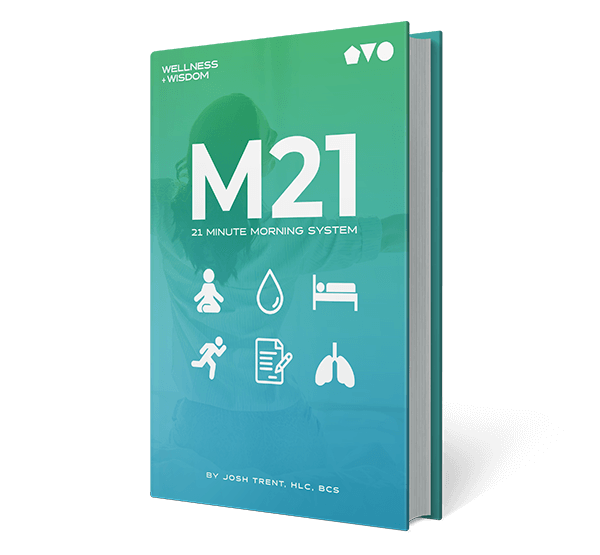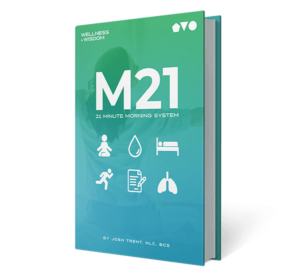 A career in healthcare is profoundly fulfilling, offering the chance to make a significant impact on individuals' lives while providing a wide range of professional opportunities. From the adrenaline of emergency rooms to the precision of pharmaceutical research, healthcare careers are as diverse as they are rewarding. However, breaking into this field requires careful planning, commitment, and a clear understanding of what it takes to succeed. This guide provides essential tips for those aspiring to join the dynamic world of healthcare, ensuring they are well-prepared to embark on this noble path.
A career in healthcare is profoundly fulfilling, offering the chance to make a significant impact on individuals' lives while providing a wide range of professional opportunities. From the adrenaline of emergency rooms to the precision of pharmaceutical research, healthcare careers are as diverse as they are rewarding. However, breaking into this field requires careful planning, commitment, and a clear understanding of what it takes to succeed. This guide provides essential tips for those aspiring to join the dynamic world of healthcare, ensuring they are well-prepared to embark on this noble path.
Table of Contents
1. Understand the Healthcare Landscape
Before diving into a healthcare career, it’s crucial to grasp the full spectrum of opportunities the field offers. Healthcare careers span a broad range of functions, from direct patient care roles like nursing and surgery to support roles including healthcare administration and medical billing. Each requires different skill sets and educational paths. Additionally, staying informed about industry trends, such as the rise of telemedicine and personalized medicine, can help you identify emerging opportunities and areas in need of innovation. This knowledge will guide you in choosing a career path that not only aligns with your interests but is also in demand.
2. Gain the Necessary Education
Education is the cornerstone of a career in healthcare. The requirements vary significantly by role, from short-term certificates for technicians to advanced degrees for doctors and nurse practitioners. For those looking to advance in nursing, online MSN degree programs can be particularly advantageous. Programs like these allow for flexibility in balancing work and study and are designed to equip nurses with the skills needed for leadership positions in healthcare settings.
3. Acquire Relevant Experience
Hands-on experience is invaluable in the healthcare field. It not only enhances your resume but also gives you a taste of what working in your chosen specialty will be like. For many positions, particularly in nursing or clinical care, such experiences are also prerequisites for obtaining licenses. To gain this experience, look for volunteer opportunities, internships, or entry-level positions in hospitals, clinics, and other healthcare facilities. Such roles provide practical skills and a better understanding of day-to-day operations in healthcare environments, which are crucial for long-term success.
4. Develop Essential Soft Skills
While technical skills are critical, healthcare professionals must also possess strong soft skills. Effective communication is vital, as it ensures proper patient care and enhances collaboration with colleagues. Empathy and emotional intelligence are equally important, as they help in delivering compassionate care and coping with the emotional demands of the job. Stress management skills are necessary to handle the high-pressure situations that healthcare professionals often face. These soft skills can be developed through real-world practice and formal training programs focused on interpersonal communication and emotional intelligence.
5. Stay Updated with Continuing Education
The healthcare industry is ever-evolving, driven by advancements in technology and changes in patient care protocols. To maintain competency and stay competitive, healthcare professionals must engage in lifelong learning. This means taking advantage of continuing education courses, attending workshops and seminars, and obtaining certifications that not only fulfill professional requirements but also broaden your knowledge base. Many professional associations and healthcare institutions offer resources for continuing education, ensuring that you remain at the forefront of the latest medical practices and technologies.
6. Network Within the Industry
Networking is a powerful tool in the healthcare industry, not only for landing your first job but also for advancing in your career. Building professional relationships can provide you with mentors, lead to job opportunities, and offer insights into different specializations and practices. Attend industry conferences, join professional healthcare associations, and participate in training programs to meet peers and experts in your field. Engaging actively on professional social media platforms and forums dedicated to healthcare can also expand your network and increase your visibility in the industry.
7. Understand Regulatory Requirements
Healthcare is a highly regulated field, and understanding these regulations is crucial for anyone looking to enter the industry. Familiarize yourself with the legal standards and ethical practices that govern your specific area of healthcare. This might include data privacy laws, patient rights, and workplace safety norms. Staying informed about these regulations not only ensures compliance but also helps you understand the framework within which you will be operating, which is essential for making informed decisions and providing the best care possible.
8. Consider Specialization
As you gain more experience in the healthcare field, consider specializing in a particular area. Specialization can lead to higher pay, increased demand for your services, and deeper expertise. Whether it’s a clinical specialty like cardiology or a focus on healthcare informatics, specialization requires additional training and often certification. Research the requirements for the specialty you are interested in, and seek out advanced education and training programs that can help you meet those qualifications.
9. Work on Interdisciplinary Teams
Healthcare is inherently collaborative. Working effectively on interdisciplinary teams can enhance patient outcomes and foster a more enjoyable work environment. Understanding the roles and contributions of different healthcare professionals, from doctors and nurses to technicians and support staff, can improve communication and efficiency. Participate in team training sessions if available, and always look for opportunities to learn from your colleagues across different disciplines.
10. Prepare for the Emotional Aspects of Healthcare
Working in healthcare can be emotionally challenging. You will often deal with sick patients, distressed families, and life-and-death decisions. It's important to develop strategies to manage these emotional pressures and maintain your mental health. This might involve setting boundaries, seeking support from peers or professionals, and developing hobbies or activities outside of work that help you decompress. Recognizing the emotional demands of your work and being proactive about self-care can prevent burnout and ensure a long, rewarding career in healthcare.
Conclusion
Pursuing a career in healthcare is both challenging and rewarding. It demands a combination of technical skills, soft skills, continuous learning, and personal resilience. By following these tips—ranging from gaining the right education and experience to networking, specializing, and managing emotional health—you can navigate a successful career path in this dynamic field. Whether you are just starting out or looking to advance further, the healthcare industry offers numerous opportunities to grow professionally while making a meaningful impact on people’s lives.









